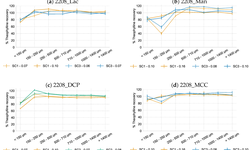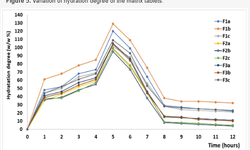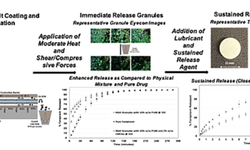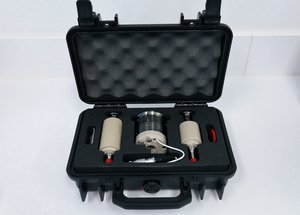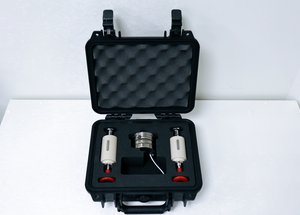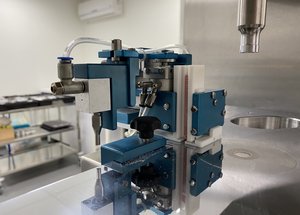Scientific papers
The thermodynamic analysis of tablet formation involves assessing both thermal and mechanical aspects during compression. This study aimed to examine variations in force–displacement data resulting from temperature increases, serving as an indicator for altered excipient properties. The tablet press used was equipped with a thermally controlled die to replicate the heat evolution during industrial-scale tableting. Six predominantly ductile polymers with relatively low glass transition temperatures were tableted at temperatures ranging from 22 to 70°C, while lactose, characterized by brittleness and a high melting point, served as a reference.
The energy analysis encompassed net and recovery work during compression, enabling the calculation of the plasticity factor. These results were then compared to changes in compressibility obtained through Heckel analysis. Elevated temperatures led to a reduction in the required work for plastic deformation in ductile polymers, evidenced by decreasing values for the net work of compaction and the plasticity factor. The recovery work slightly increased at the maximum tableting temperature. In contrast, lactose exhibited no response to temperature variations. Changes in the net work of compaction demonstrated a linear correlation with alterations in yield pressure, which could be linked to the glass transition temperature of a material. Therefore, it is feasible to identify material changes directly from compression data, provided the material's glass transition temperature is sufficiently low.
Comments
No comments posted yet.
Add a comment

